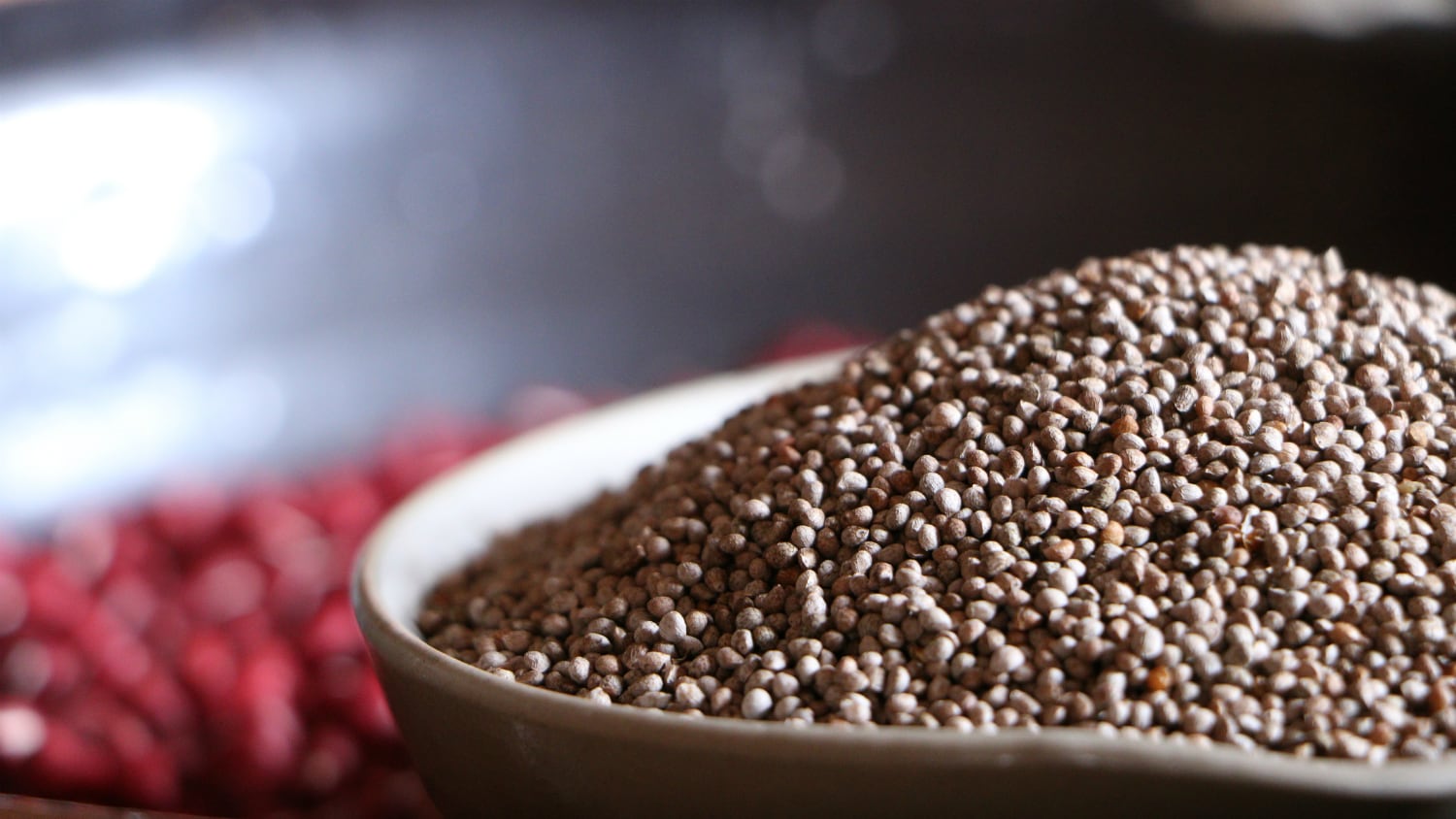Chronic kidney disease-related mineral and bone disorder is common among haemodialysis patients.
This led researchers at Iran's Shahid Beheshti University of Medical Sciences and Tehran University of Medical Sciences to conduct a study to determine the impact of flaxseed oil — a rich plant-based source of omega-3 fatty acids and alpha-linoleic acid (ALA) — on serum markers of bone formation and resorption in haemodialysis patients.
A bony issue
They recruited 34 haemodialysis patients aged 18 and above for an RCT and divided them into two groups: each of the patients in the intervention group received 6g of flaxseed oil per day for eight weeks, while each of the patients in the control group received 6g of medium-chain triglyceride oil daily for eight weeks.
The researchers collected 7ml of blood from each patient at baseline and at the end of the eighth week, following a 12- to 14-hour fast.
The patients' serum concentrations of osteocalcin (a non-collagenous protein hormone present in bone and dentin), osteoprotegerin (a tumour necrosis factor or TNF receptor), and N-telopeptide (a biomarker that can be used to measure bone turnover rate) were also measured.
After eight weeks of treatment, the researchers noted that the serum N-telopeptide concentration in the intervention group had been reduced by up to 17%, significantly higher than in the control group.
However, when it came to mean changes in serum osteocalcin and ostreoprotegerin, "no significant differences" were noted between the two groups.
This led them to state that the decrease in serum N-telopeptide in the intervention group was not due to changes in serum calcium or phosphorus during the study period.
However, they added that a possible mechanism of action behind the reduction of serum N-telopeptide after flaxseed oil consumption was that such fatty acids could "reduce the production of inflammatory cytokines".
Established evidence
In addition, previous studies have found a positive relationship between serum N-telopeptide and serum concentration of TNF, also an inflammatory cytokine.
The researchers also found that an inflammatory marker, serum C-reactive protein, had decreased by up to 24% in the intervention group.
However, they wrote: "It is unclear whether ALA itself exerts these effects or whether they are the result of its conversion to eicosapentaenoic acid (EPA) and docosahexaenoic acid (DHA)."
They added that no research thus far had looked into the impact of flaxseed oil intake on serum osteocalcin concentration in haemodialysis patients, though several animal and human studies had indicated that omega-3 fatty acids did not affect serum osteocalcin concentration.
The bone health benefits of omega-3 have not been widely studied, though omega-3 supplementation and / or conjugated linoleic acid (CLA) have been reported to benefit muscle strength.
More recent research has suggested that higher consumption of omega-3 polyunsaturated fatty acids might lower the risk of hip fractures, while conflicting evidence has been reported on the impact of diets rich in omega-3 on rheumatoid arthritis.
The researchers concluded: "The most important strength of our study was its design as a randomised controlled trial.
"Our study had two limitations: we did not measure bone density, and the sample size of this study was small. This study indicates that daily consumption of 6g of flaxseed oil may reduce bone resorption in haemodialysis patients."
Source: Iranian Journal of Kidney Diseases
Vol. 12, no. 4
"Effects of Flaxseed Oil on Serum Bone Turnover Markers in Hemodialysis Patients: A Randomized Controlled Trial"
Authors: Maryam Mirfatahi, et al.


